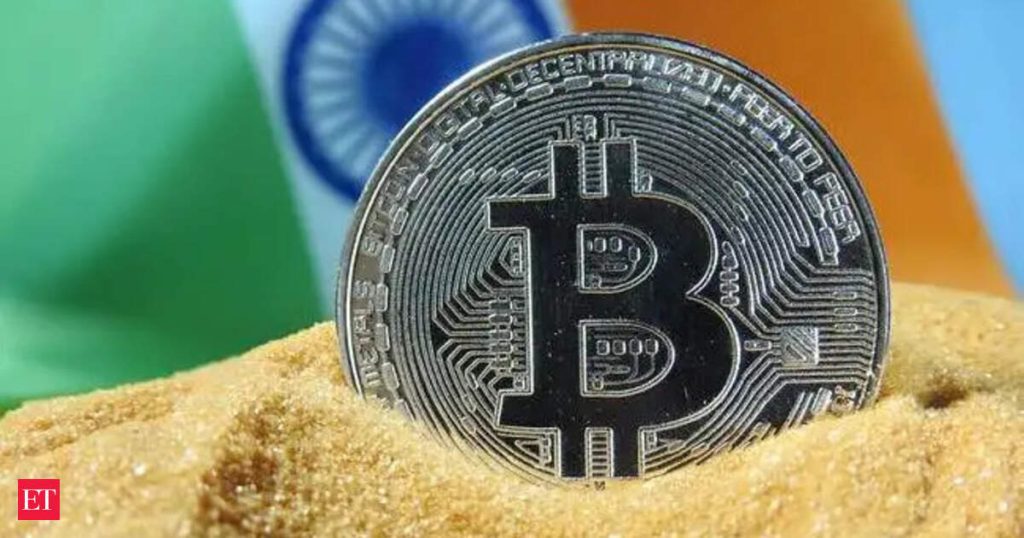A few weeks prior to the Pahalgam attack, an unusual event unfolded in Islamabad. Changpeng Zhao, the Canadian entrepreneur of Chinese origin and founder of Binance, the largest cryptocurrency exchange globally, accepted a role as an advisor to the Pakistan Crypto Council (PCC) in early April.
Established in March, the PCC was designed to develop a framework for cryptocurrency in a nation previously skeptical of digital currencies. At the time, questions arose regarding Pakistan’s motives in embracing crypto, as officials claimed the move was aimed at attracting foreign investment. However, as operation Sindoor unfolded in subsequent months, it became evident that the initiative had a strategic aim.
By partnering with World Liberty Financial (WLF), a crypto entity associated with the Trump family, Pakistan sought to align itself favorably with the White House. This, along with gestures like a nomination for a Nobel Peace Prize for Donald Trump, may have impacted the US’s tepid response to Pakistan during the crisis.
Bold Moves in Crypto Regulation
On July 9, Pakistan made a significant move when President Asif Ali Zardari signed an ordinance to establish the Pakistan Virtual Asset Regulatory Authority (PVARA), an independent federal entity assigned to license, regulate, and monitor virtual asset operations. This decision came amid Pakistan’s economic struggles and pursuit of International Monetary Fund (IMF) bailouts. Notably, Pakistan is not the only nation turning towards cryptocurrency amidst economic uncertainty.
The United States is actively working to legitimize stablecoins, which are cryptocurrencies pegged to stable assets, primarily the dollar. Bhutan, Pakistan’s neighbor, has successfully amassed bitcoin reserves worth $1.3 billion, constituting around 40% of its GDP. Additionally, nations like Russia, Iran, and North Korea exploit crypto for transactions outside the reach of international sanctions.
India’s Regulatory Dilemma
Amid these developments, India’s stance on cryptocurrency remains murky, raising questions about the government’s lack of a coherent regulatory framework. During a hearing on May 19, the Supreme Court urged for clear policies to regulate cryptocurrencies, highlighting the need to oversee an emerging under-market. This concern was previously echoed in February 2022, when the apex court pressed for clarity on the legality of cryptocurrency trading in India.
The Reserve Bank of India’s apprehensions regarding financial stability continue to influence the government’s cautious approach. Tensions arise from the belief that cryptocurrencies could erode its oversight of monetary supply. Although the Securities and Exchange Board of India (SEBI) has suggested that various regulatory bodies should supervise cryptocurrency operations, the government must provide a definite policy vision in light of increasing exploitation by malign actors.
Strategic Concerns and Global Movements
Pakistan’s plans include exploring bitcoin mining through excess energy, thus developing a strategic bitcoin reserve. This aligns their crypto policy with U.S. frameworks, not just for diplomacy but also for transactional purposes. Experts worry India might face challenges as it attempts to curb financial flows to terror groups, especially given the potential misuse of crypto.
In contrast, Bhutan’s approach focuses on integrating bitcoin mining into its economy, employing hydropower to accumulate substantial reserves. This initiative, driven by a pressing need to diversify its economy beyond tourism, could potentially affect India’s concerns regarding reduced hydropower exports and the influx of foreign bitcoin mining equipment.
Recommendations for India
Experts suggest that to move forward, India must address fragmented regulations surrounding cryptocurrency. A clear policy could mitigate uncertainty, allowing legitimate entrepreneurs to operate under a well-defined framework. As neighboring countries advance in their crypto initiatives, the urgency for India to establish a regulatory framework becomes critical, and the previous inquiries made by the Supreme Court take on heightened significance.



